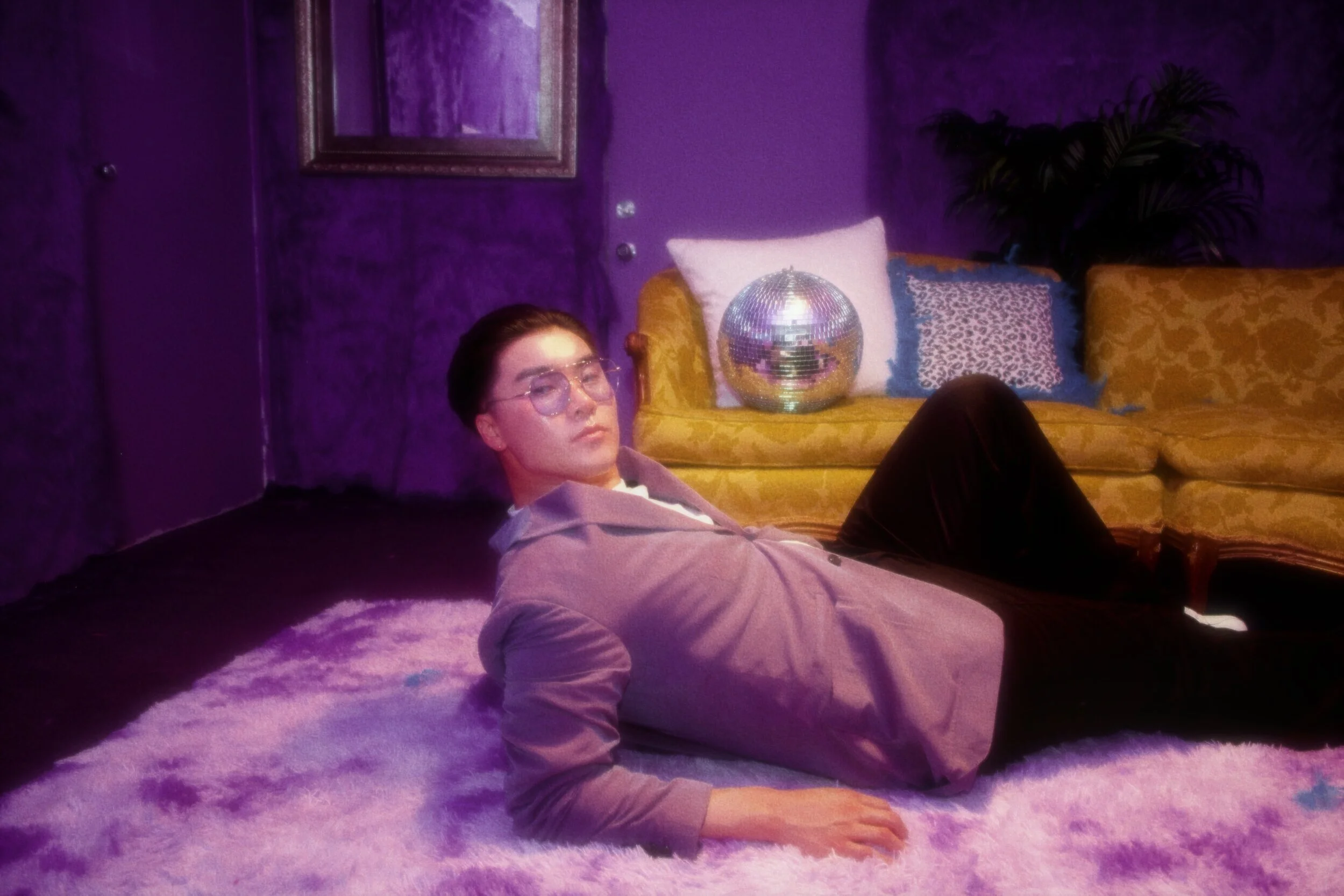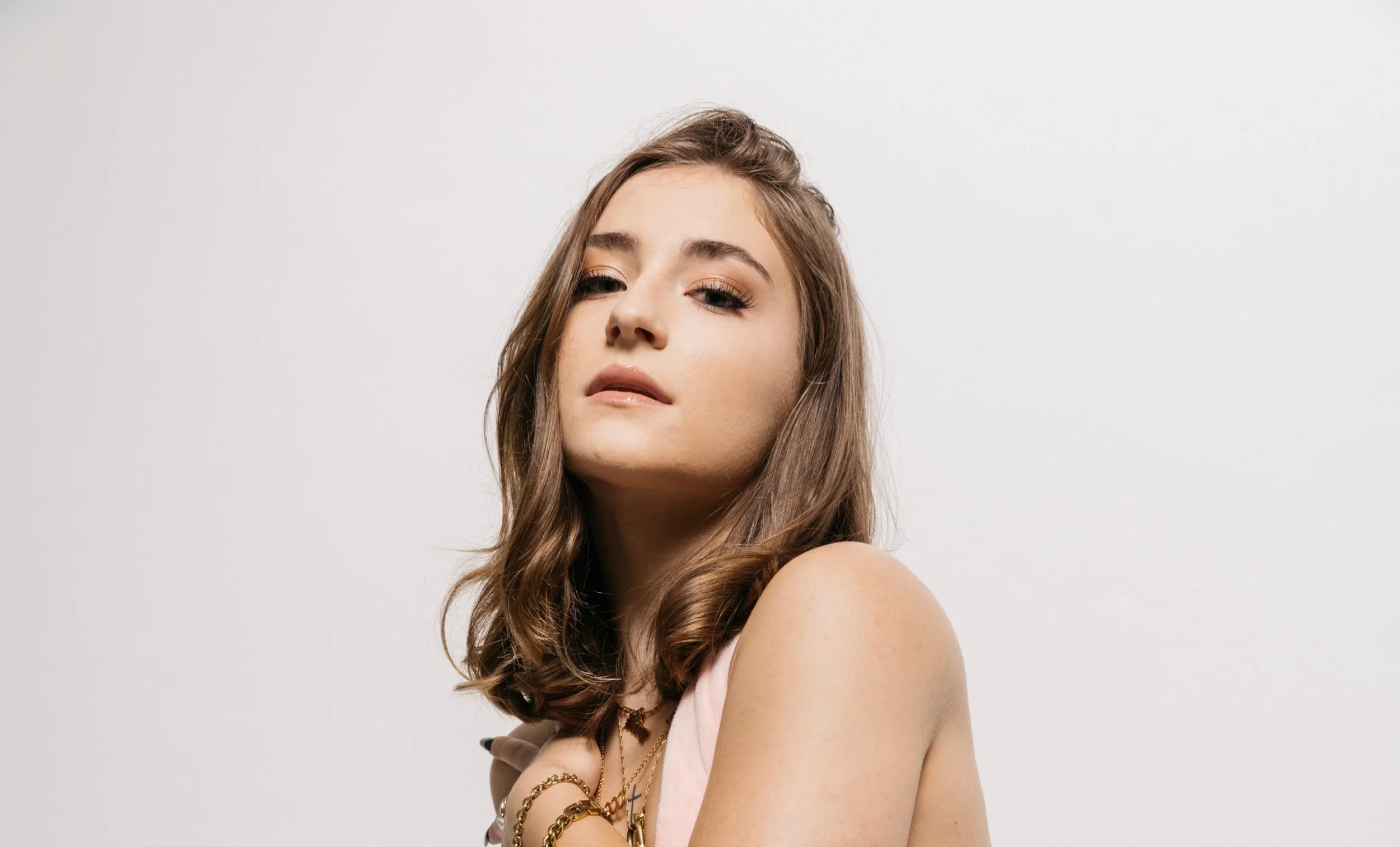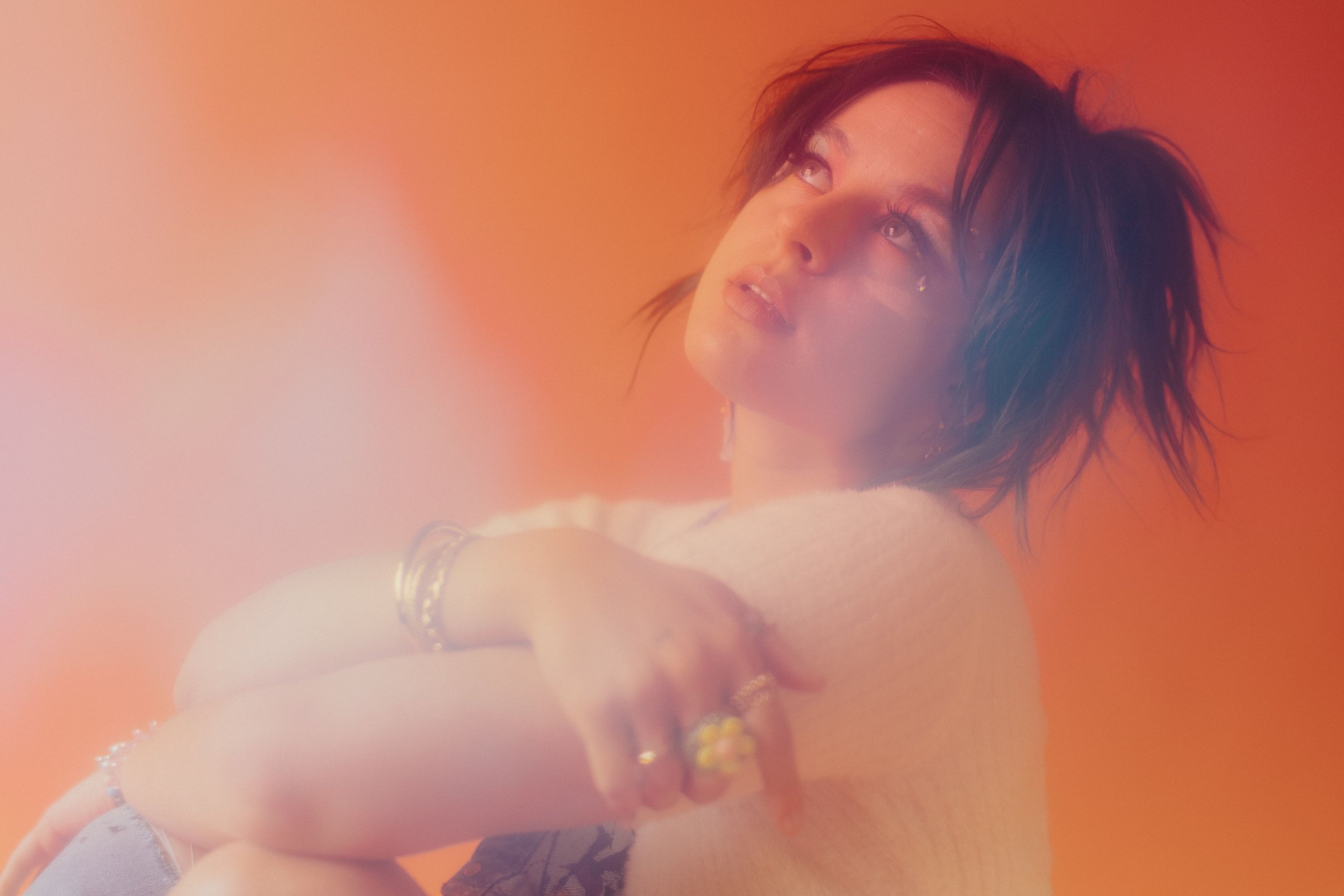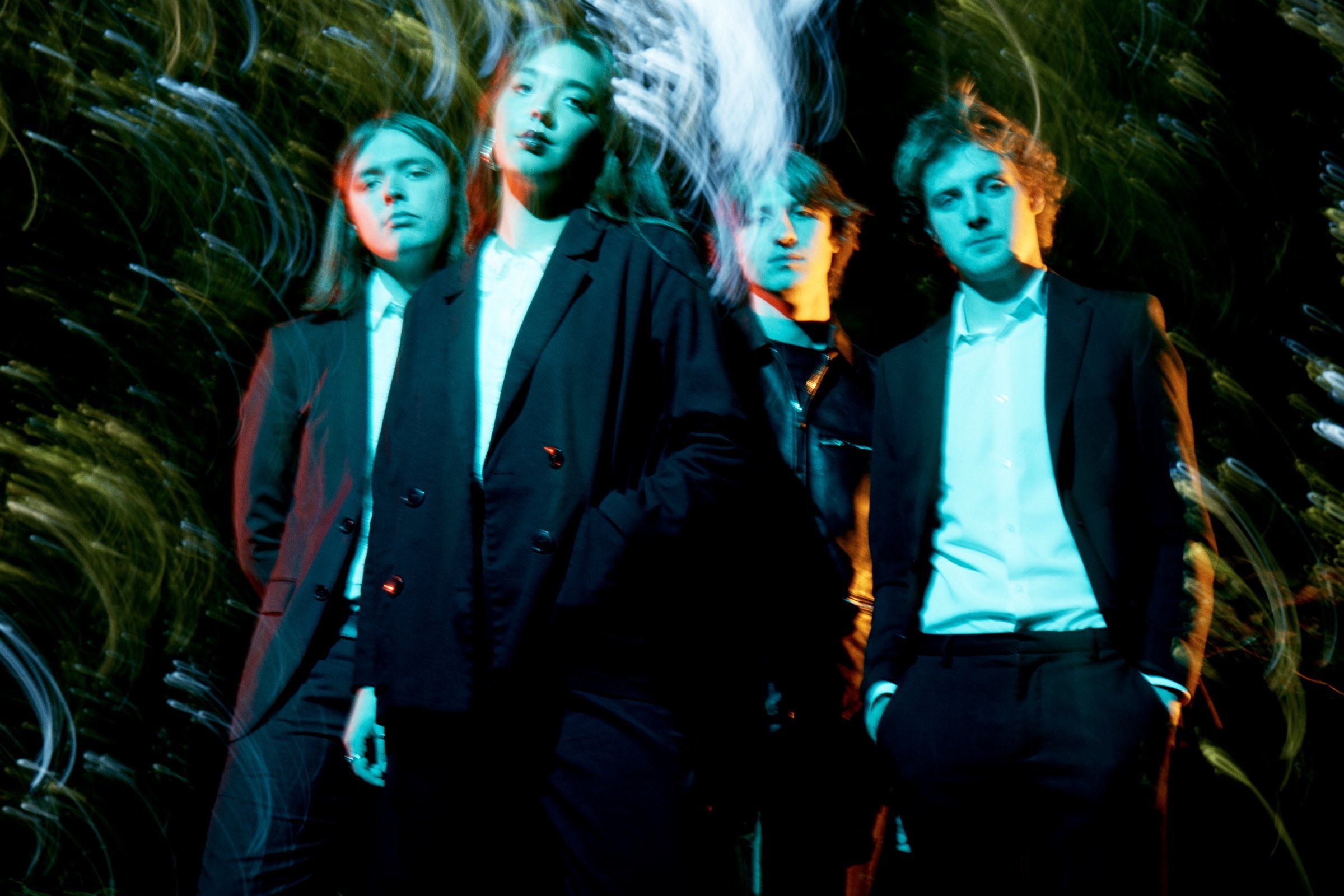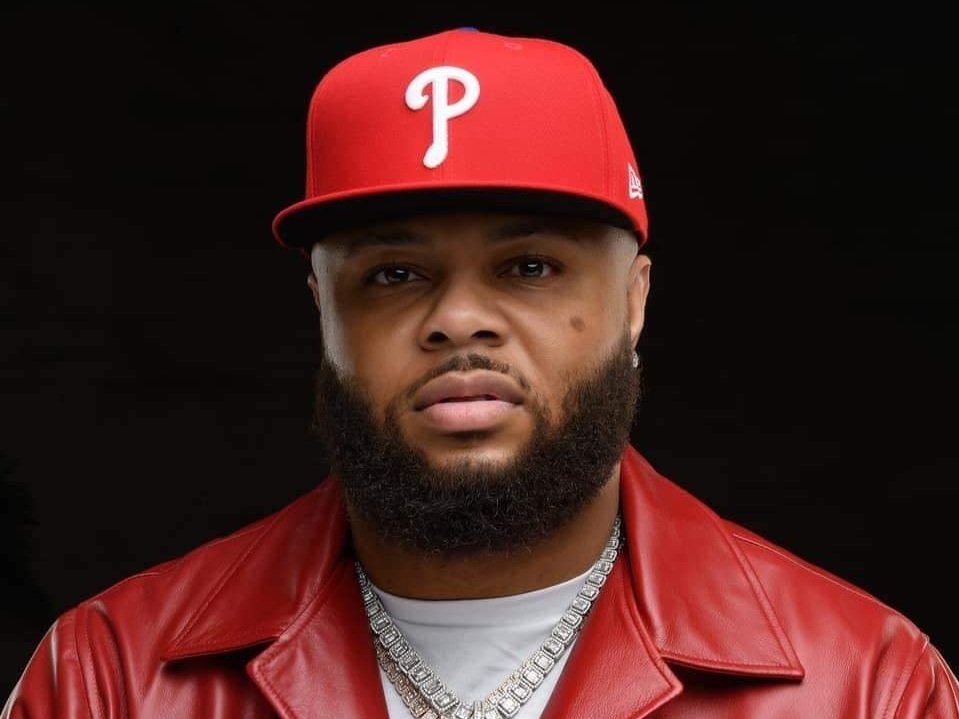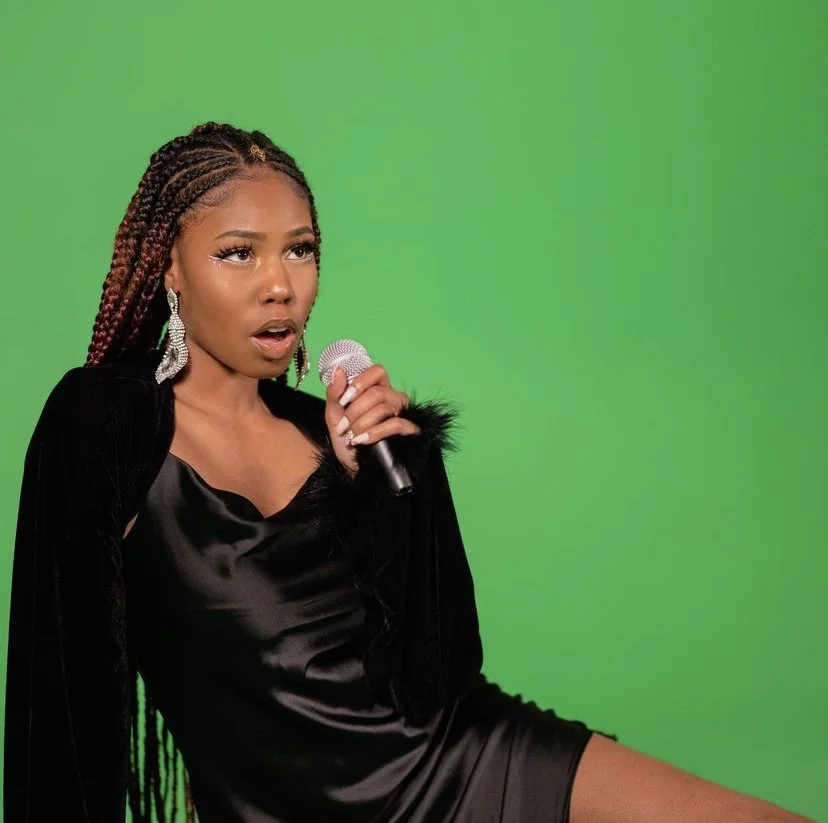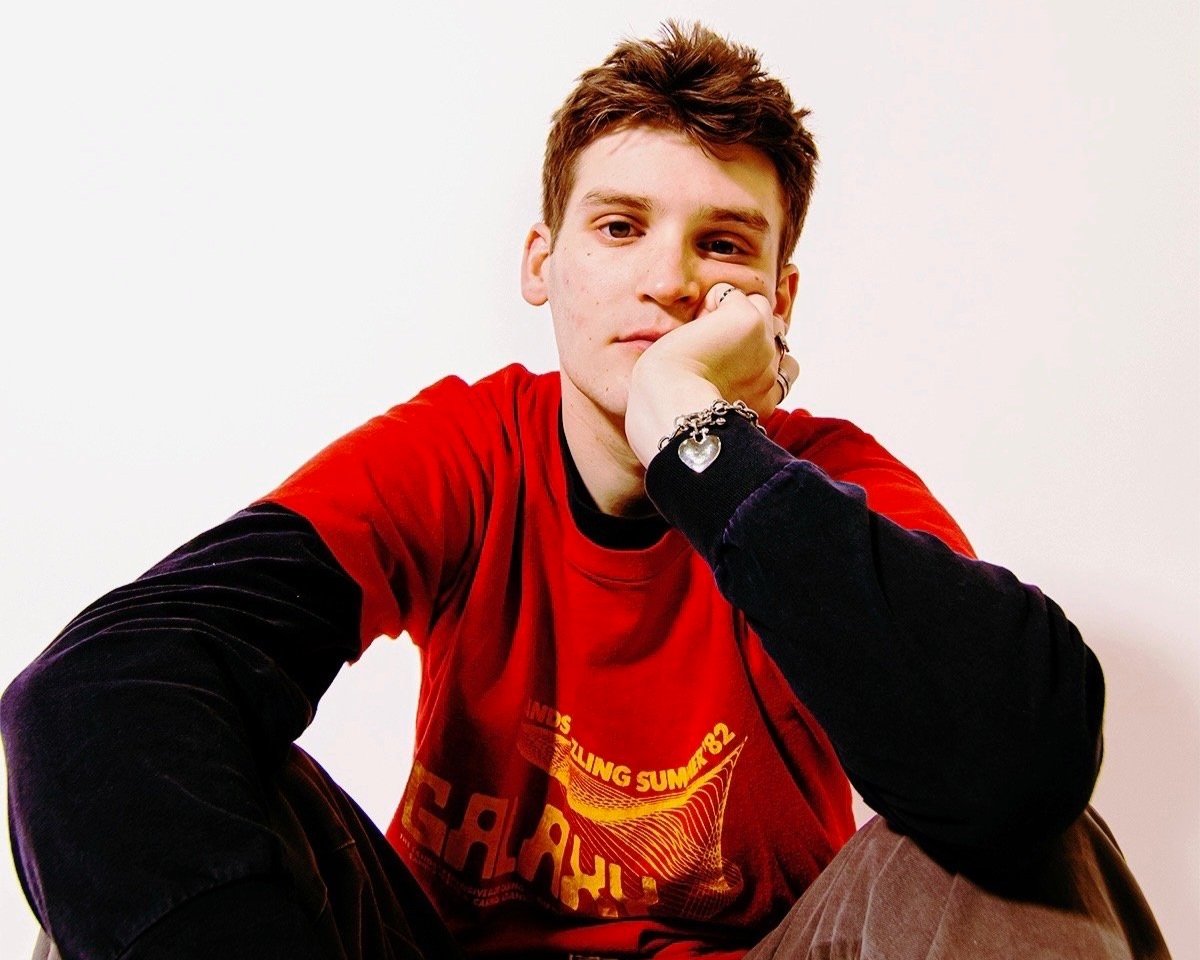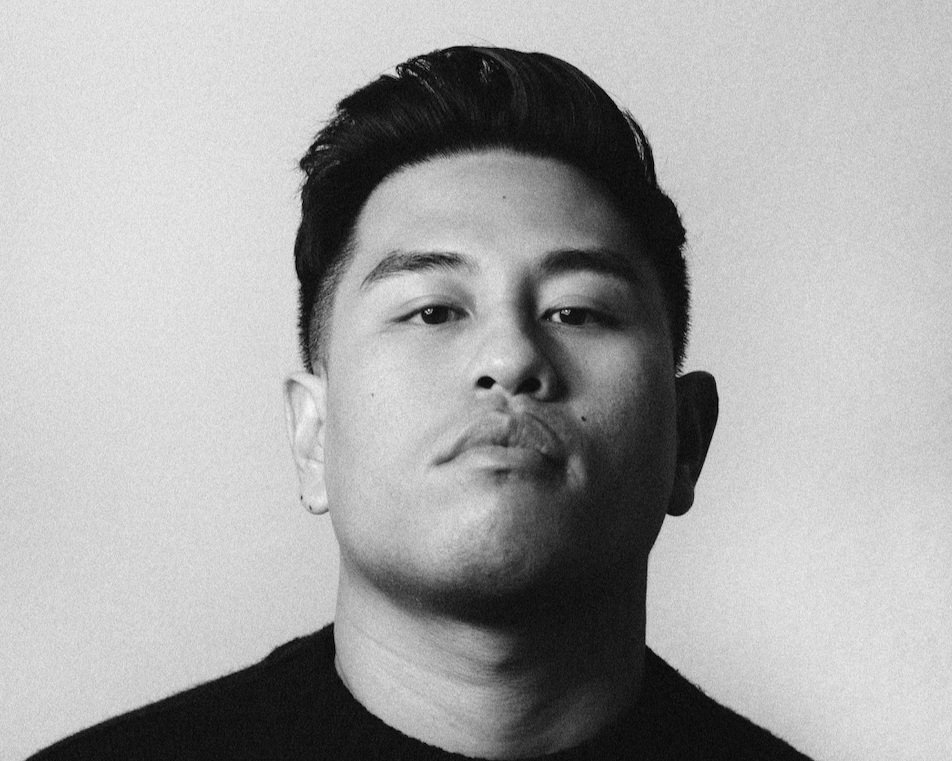Wu Am I: Who am i?
Music producer, songwriter, and recording artist Wu Am I reflects on the artist he was before and the progression of his new sound. Born and raised in California, music touched every corner of his life allowing for his personal growth to manifest into his music.
Abby Martinez: How did you get started in the music industry and what is the origin of your artist name?
Wu Am I: So I actually got a MIDI keyboard from my brother as a birthday gift. My brother was a classically trained musician. He went to music production school in Berkelee Boston and for me music was very much like a hobby and interest-based thing. I didn't have much of a formal music training background. Just like singing in a church choir, taking after his footsteps. And once I got the key MIDI keyboard, I got really into production. I spent like five years, the first three years toying around with Ableton software and trying to start with a cover. Recreating one of my favorite songs and learning the process from the ground up is how I really started getting to the production side. I started crafting original compositions, arranging things, and making my own beats. After three years of learning behind the scenes, I finally was able to put my first original song out which took a long time. I wanted to make sure that nothing I put out was mediocre quality. I wanted it to sound polished and professional. I'm still always learning.
And my artist name, I wanted to incorporate the character 巫 (wū) in the mandarin character because it has a very ancient meaning. It's like a beautiful symmetrical character that means “witch” or “shaman”, or just kind of like a “magic seer” in chinese. And it's actually been kind of a stigmatized term. It was commonly referred to as a female shaman. So like a witchcraft sort of thing. But now it’s taken more of a gender neutral term. So as a queer person, I want to reclaim that term and incorporate the magic back into it. Because it's kind of associated with folklore and religion, and the ancient past. Wanting to bring it back and modernize it. And my name “Wu Am I” is like a combination of both the modern, and the contemporary and ancient times, especially as an asian-american myself. It's kind of like a double entendre, incorporating this chinese character, but it means “Who am I?” It's a question and an answer.
AM: Where do you usually write your music?
Wu Am I: A lot of the ideas come to me so randomly. They come to me when I'm about to fall asleep. Or I will be driving and I'll hear something on the radio. Then I'll come up with an alternative melody that I like, and I'll record that on my phone. But when it comes to recording the full song, I will record it in my studio, because I don't want the quality to be anything less.
AM: What did the creative process look like when you created “Captain” which features a fusion between chinese instruments with trap?
Wu Am I: Honestly, I didn't really know I wanted to do that. I just wanted to make like a sick EDM beat at first, and I was just playing around with the arrangement. Originally I just had a piano. I start everything with a piano and I eventually just swap that out with a Koto, a pluck string instrument. It really can change the vibe of the sound completely. So I had to match that energy with a bunch of other instruments and textures. Sound design is one of the biggest parts of my music.
When I first laid down that initial melody, I sent some erhu [a chinese string instrument] samples, because my mom loves playing erhu. I was really familiar with that sound growing up. At home, there's always music or something playing. There's never really a silent moment, which can either be awesome or kind of drive you crazy depending on who you are. But I love it. It's definitely like an homage to that heritage of playing these instruments in the middle of day and just filling up the space. And I also recorded my own vocals. I have a whole rap line but in the background, actually singing a song called “ Mo Li Hua “ which is a Chinese folk song. If you were a Chinese person who lives in China and knows this song, you will kind of pick up in the background. So it has a familiar quality to it, incorporating a traditional side. And then the trap beat comes in. It's combining these two elements. It only happened because I was just like “what if we changed this to a different instrument?” and then it completely changed the direction of it.
Animated music video directed, animated, and edited by Trilina Mai. Produced by Loud Bird Productions.
AM: The characters in your music video “to the last of a dying breed” chose a special way to spend their last hours on earth, how would you and your friends spend yours?
Wu Am I: That song is dedicated to these 4 friends I had in college. We're all still friends. We're all still in California, but everyone's from all over. One of our friends is from Dubai, and one is from New York. If we were together, I feel like we would just go to someone's house and smoke. Try to smoke each other out honestly. That song is really dedicated to the kind of friendships you have when you're young, and you don't really have the obligations of adulthood. That's why it's so easy to just meet up. And that is something that the song is celebrating.
The youthful opportunity to just be spontaneous. No thinking about the future, just like in the moment.
That graffiti rooftop [in the music video] is actually inspired by a real place. It was at my old apartment when I went to UC Berkeley. We all meet up and sneak onto the roof. We all graduated different years. And so one of my friends who stayed in that apartment later on texted that they locked it forever. This roof being closed forever, locked by the landlords, is kind of like a symbolic moment. Like this era has closed. But we also still have so much love for each other.
AM: What are some differences between you as an artist now versus when you first started?
Wu Am I: I think when I first started, it definitely came from a place of kind of angst and a little more of a darker energy. I think a lot of themes in my first EP were vengeance and justice. And actually the first song I wrote for that EP was “Hell to pay” which is like a protest song. I wrote it around the time during a lot of protests and political turmoil. I was seeing friends in my community being harassed. Just a lot of pain. I wanted to channel that into this song. You also see that in “Captain” as well. It's similar themes of standing up for yourself, affirming your identity, and being unapologetic about it. I would say, for me now, I definitely come from a place of more gratitude and joy. Now I've found my identity.
I think, especially because of the pandemic, I've written a lot more songs that celebrate little things in life like “i love when it rains in LA” when I'll take a break from all the hustle and bustle of the world. “Supernova” is celebrating like a weekend getaway, and “to the last of a dying breed” is just about when I was missing my friends in quarantine. I have a song coming out in two weeks. My friend Freddie, who is actually one of my original collaborators, we actually had a first show together. And there are a couple of remixes of mine, and I produced a couple of songs for them. It's just like a fun, summer-like disco song that's meant to celebrate going out with friends and having a messy, old time.
AM: What was the moment you decided you write “i love it when it rains in LA”?
Wu Am I: So in the first verse, there's a lyric that goes like, “last night I only slept 3 hours.” Like I'm like sleep deprived. And it's really based on a real story where I was going out. So the day before, I had a friend's birthday party, and we ended up staying out till 3am. And I was like, “Okay, this is fine. I want to spend as much time with you before you move away.” And then the next day, my friend was like, “Let's go apple picking. We have to leave at 7am.” Such a wholesome activity after a night out of drinking. The entire time, I was just chugging black coffee and red bull. Just anything that would keep me awake. Then my other friend hit me up and was like “Hey, my brother is having a concert in West Hollywood. Do you want to come?” And so it just turned into event after event after event. I couldn't possibly just say no to anything.
But I think there is a boom moment where you have to respect your own health and say no to things even though you love them.
For me in that moment, it was definitely like a FOMO thing. And it would have definitely helped if it rained, because sometimes you get joy from plans being canceled. So that song was really inspired by that day.
AM: How would you describe your aesthetic/brand as an artist?
Wu Am I: It's like dreamy, more introspective, celebratory, and chill. But it also is combination of a lot of different influences. “to the last of a dying breed” is very dreamy, and rock-inspired. And then another song of mine “Joyride” is also very dreamy, but more like 80s synth pop-inspired. And so I think I'm definitely leaning into that nostalgic sound and trying to bring back more live instrumentation because I think people are especially drawn to that kind of humanness in the music. I'm really inspired by Dua Lipa. She definitely brought back this incredible sound that really suited her. My next song that's coming out is called “San Frandiscothèque.” My friend Alex, who also used to be an old coworker of mine, is playing the guitar. And there's some really quick guitar solos. And that's not as dreamy but definitely very nostalgic, because it's like 60s, 70s, and 80s style. Rock and disco.
AM: What are your goals for your music?
Wu Am I: I just want to reach the right people and eventually make a living off my passion, whether that's from original music or not, or just producing for other artists and friends. I've had multiple people reach out before in the past and friends reach out to me to produce their beats. And, they actually pay me regardless if I ask them or not. They definitely think it's worth it a certain amount, and it's worth my time. So I really appreciate that friends are willing to shell out hundreds of dollars for one song or beat because they trust me with it. Eventually I want to do that more professionally. In regards to my original music, definitely want to keep growing and reach the right people. I think, right now, I have a little more of a fan base. I have people from different parts of the world messaging me that this is their favorite song. And it's incredible just to see. Actually, a couple of years I had one listener reach out to me who is trans. I'm not trans by any means, but they were. I think they said one of my songs, “No Angel,” was very affirming to their identity, and they really loved it. So we had just a whole conversation. I wanted to support them, you know, to deal with their gender dysphoria. And I was glad that I could be like a source of support that they could reach out to.
If I can reach someone and touch them with my music, I think I've done my job.
AM: Do you have any projects coming up?
Wu Am I: Yeah “San Frandiscothèque” I'm super excited about in two weeks. That's the most radio friendly pop hit that I have, actually. This is the first time I made a radio edit for it. Like a party song that I want to be played when people are getting ready in an Uber, playing on the radio about to go to the club. And it's with one of my best friends. Then eventually down the line, I have two more songs that I want to release until I release an EP or album called “The Cinematic Wu-niverse” like all the dreamy songs put together. Then have a whole other era of, again, just fun trap, dark music. I think I want to revisit that sound as well, especially with the new skills I've learned and with the instrumentation that I have. Because in my old projects, it's a lot more minimal. So I definitely want to go into more abstract, cinematic territory. And that's where a lot of my music has been inspired by, from movie soundtracks. And wanting to tell a story, having people kind of go through a rollercoaster of emotions. There's a lot of music I am sitting on that doesn't necessarily fit one genre now. But I'm trying to phase them out in different areas. So it's understandable. A lot of stuff is coming!
AM: Any words for your fans?
Wu Am I: Stream “San Frandiscothèque” when it comes out on July 30!
Follow Wu Am I:
Others featured on Finessed Media Artist Interviews:

